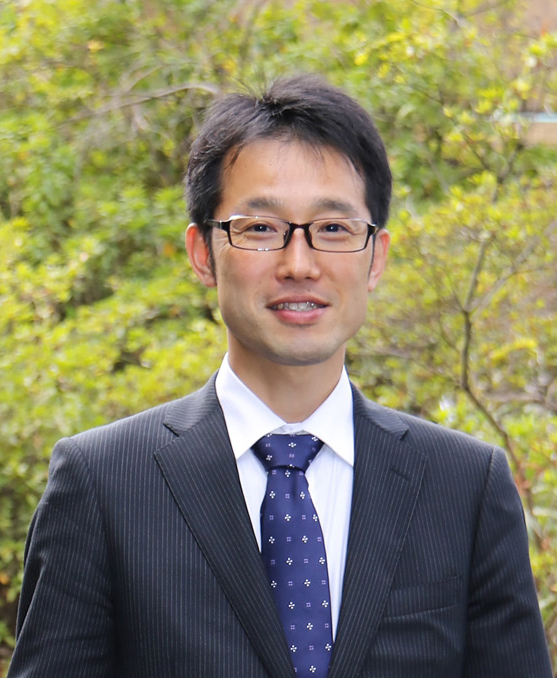- HOME
- About AIS
- Student Testimonials
- Alumni Voices
- Yoshiro Okazaki (Iwabuchi Lab.)
Yoshiro Okazaki (Iwabuchi Lab.)

-
After completing the master's degree program at Hiroshima University, Yoshiro Okazaki joined Fuji Photo Film. Co. Ltd. He volunteered at facilities in India and Nepal before joining Olympus Corporation, where he was engaged in medical device research and development. In April 2014, he joined the doctoral program of AIS (Innovator Course).
I've broadened my narrow work-centered perspectives
After leaving Fujifilm, I travelled overseas for two and a half years, during which time I volunteered at facilities for people with disabilities. This is what sparked my interest in medical welfare. After returning to Japan I conducted medical device research and development, but I also wanted to do something about the difficulties encountered by people who could not afford high-cost, specialized medical care. When I found out that RCAST's barrier-free studies worked with advanced technologies while also conducting research focused on their social implementation, I called on them, wishing to join. RCAST includes not only researchers with disabilities, but also members outside the engineering field, such as doctors, psychologists, and artists, so the discussions one hears there are truly borderless.
One can study directly under world-class researchers in various fields there. I had a narrow perspective that only extended to my company work and small slivers of society, but RCAST's free and diverse environment truly broadened my perspective. The wise words, "Don't be afraid to make waves" are still etched into my memory. My doctoral thesis was in an inter-disciplinary field between engineering and medicine (ophthalmology). In the Leadership Talent Growth program, the so-called “PPP education program,” I chose an area which was similar to but did not overlap with my research, and wrote an experimental psychology proposal regarding eyestrain. I learned how to use psychological indices, and I applied those methods to my doctoral thesis. When working with overseas researchers, something I found people paid more attention to those researchers with PhD degrees. I was motivated to further advance my education by my desire to sit down and focus on my research, and I am very happy to have been able to earn my doctorate while enjoying conducting research in this free and open research environment. From now on, I will solve problems of people with disabilities or diseases and try to develop medical devices with considerate details which can extend to the bottom of their hearts. I would like to thank all instructors who have guided me beyond their own fields and my supervisors at the company who have paid full consideration to my work-study balance.




